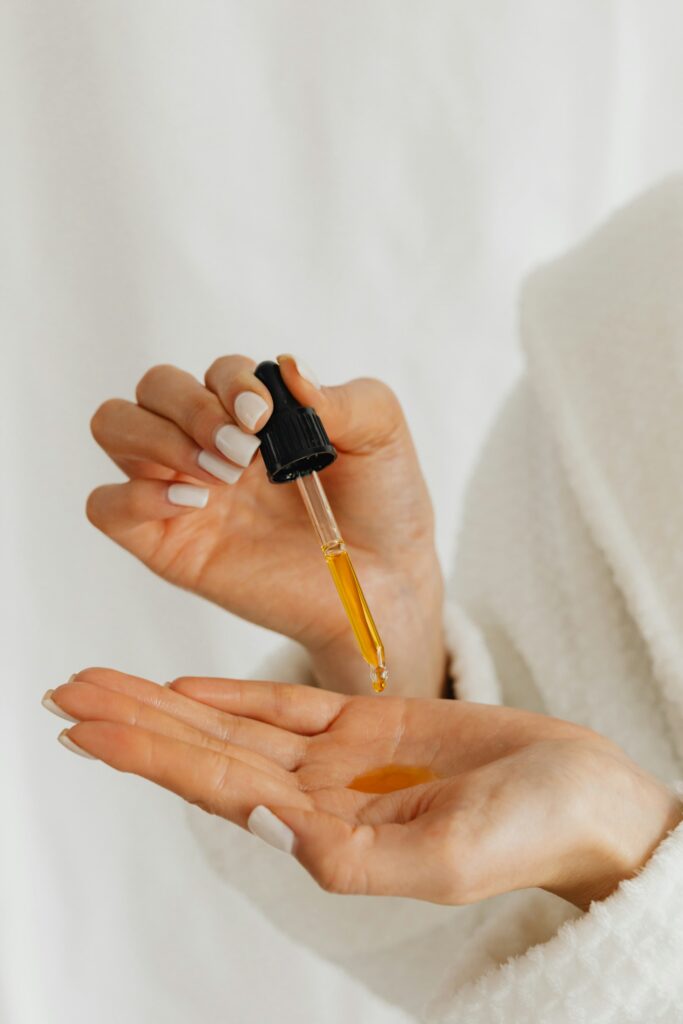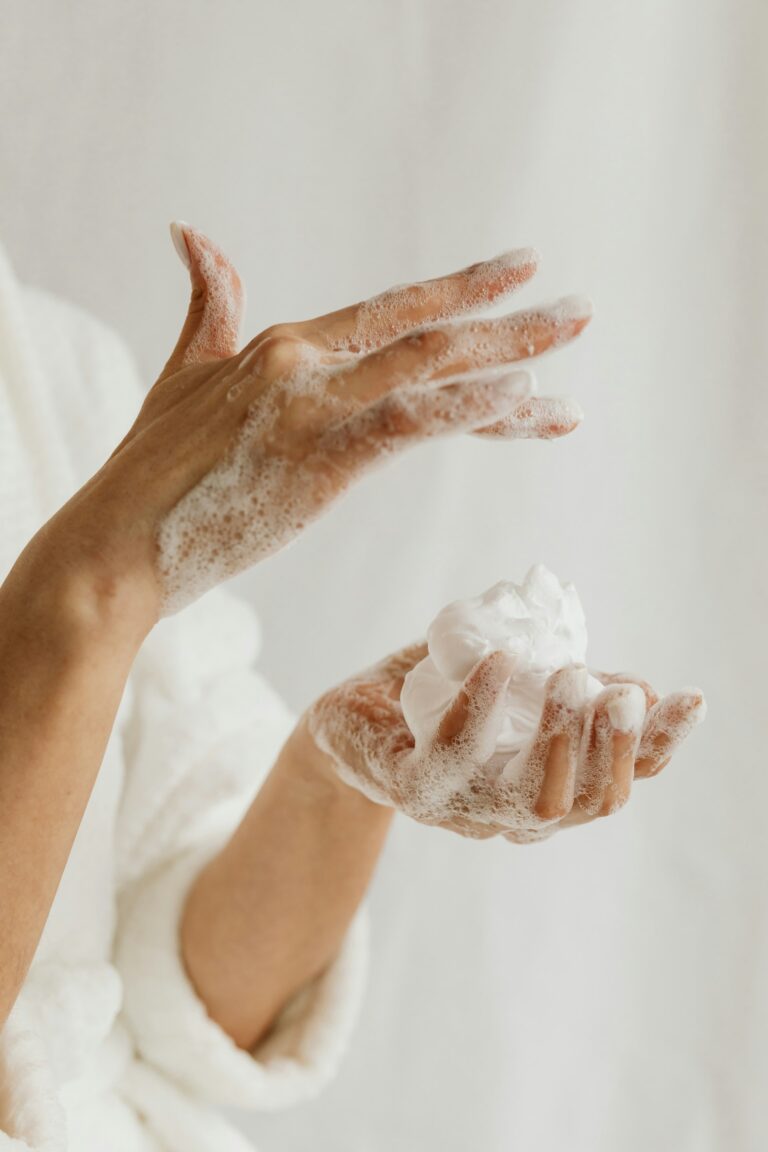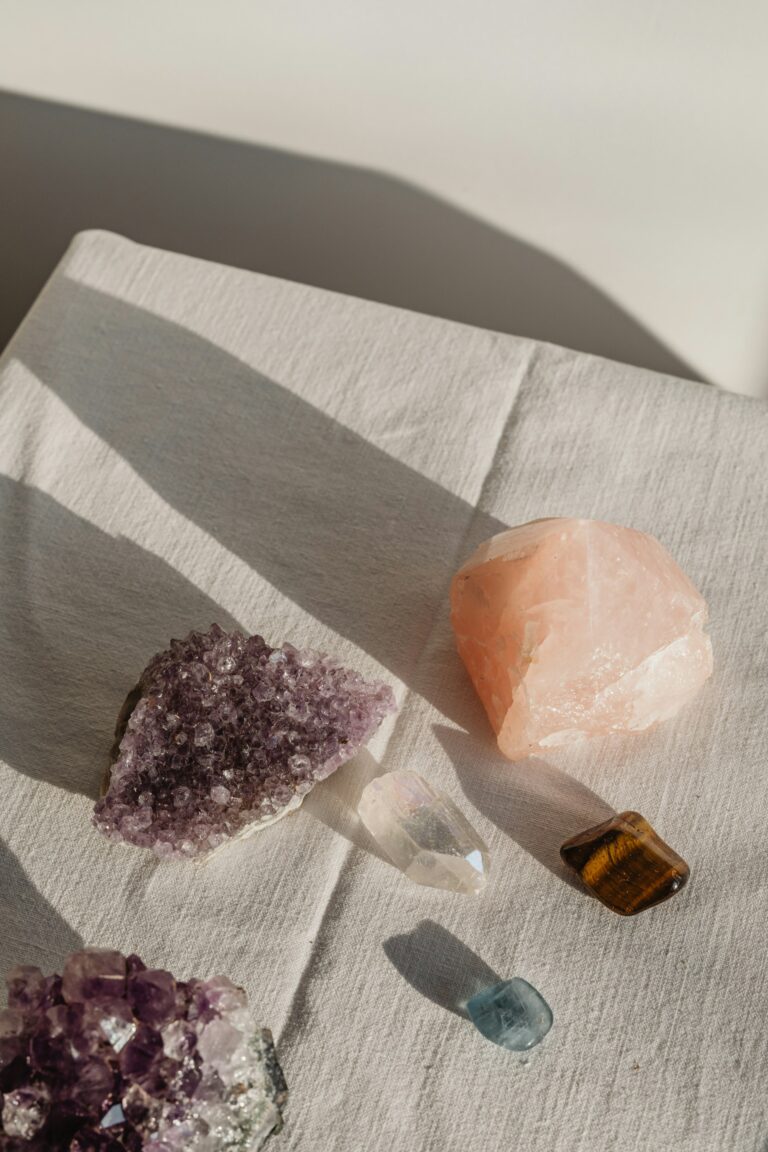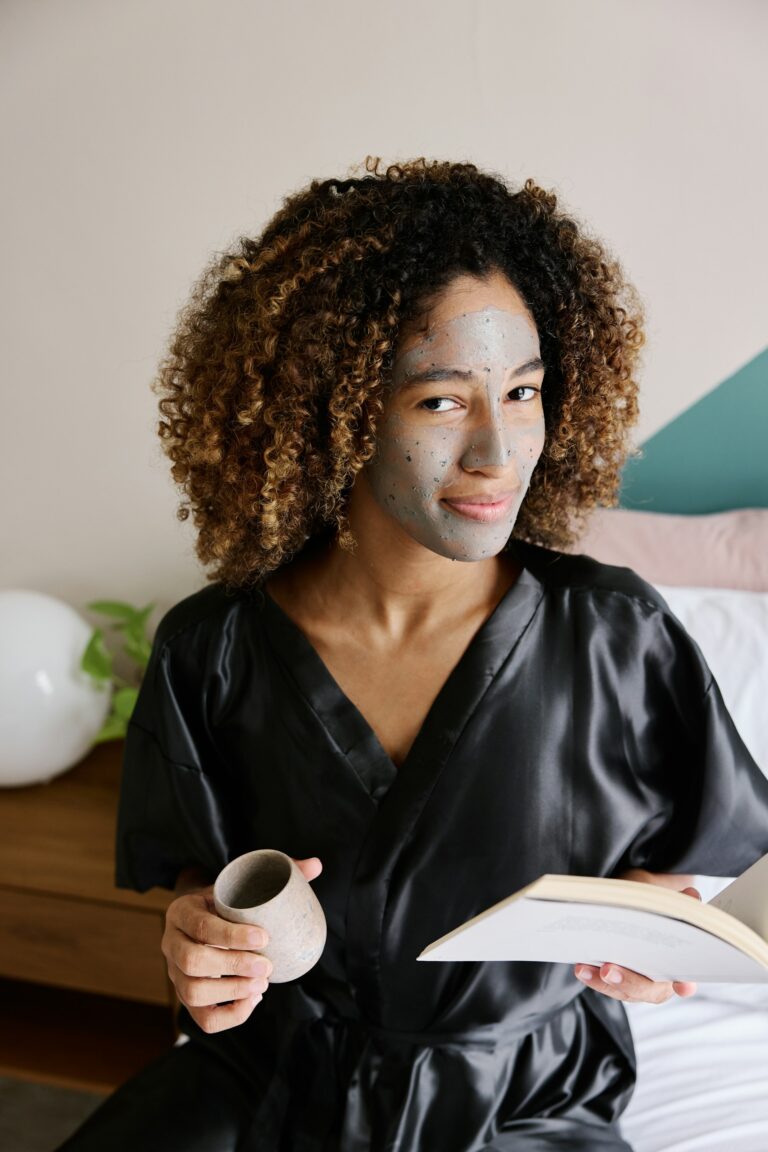
If you’re looking to create a calm and soothing atmosphere in your home, essential oils can be a great addition.
Lavender, chamomile, and bergamot are three relaxing essential oils that can help ease stress and promote relaxation. Whether you want to unwind after a busy day or enjoy a peaceful night’s sleep, these oils can be just what you need.
Using essential oils in aromatherapy is simple and can be quite enjoyable.
You can diffuse them in your space, add them to a warm bath, or even mix them into massage oils. With just a few drops, you can fill your environment with soothing scents that help melt away tension.
Explore the benefits of these essential oils and discover how they can transform your relaxation routine. You deserve moments of peace and tranquility, and aromatherapy can be a gentle way to achieve that.
Understanding Aromatherapy
Aromatherapy is a practice that uses essential oils to enhance wellness. It can help improve mood, reduce stress, and promote relaxation.
Learning about the basics of aromatherapy and the benefits of essential oils can help you incorporate this soothing practice into your life.
Basics of Aromatherapy
Aromatherapy involves using natural plant extracts, known as essential oils, to improve health and well-being. You can use these oils in various ways, including inhalation, massage, or adding them to baths.
Common essential oils include:
- Lavender: Known for its calming effects.
- Peppermint: Often used for its invigorating properties.
- Eucalyptus: Helpful for respiratory issues.
The scent of these oils can influence your mood and feelings, making aromatherapy a popular choice for relaxation and stress relief.
Benefits of Essential Oils
Essential oils offer many benefits for your physical and mental health. They can help alleviate stress, anxiety, and even mild pain. Some oils, like lavender and chamomile, are particularly good for promoting relaxation and improving sleep quality.
Research shows that inhaling certain scents can trigger positive responses in the body. For example, the calming scent of lavender can help you unwind after a long day. Many people find that using essential oils in daily routines helps create a peaceful environment.
Lavender Essential Oil
Lavender essential oil is known for its calming and soothing properties. It can help create a peaceful atmosphere and promote relaxation. Let’s explore its key properties and how you can use it for relaxation.
Properties of Lavender Oil
Lavender oil comes from the flowers of the lavender plant. It has a sweet, floral scent that is both relaxing and uplifting. The main components include linalool and linalyl acetate, which are responsible for its calming effects.
Many people use lavender for stress relief and better sleep. Studies show that it can lower anxiety and help you feel more at ease. You may find it reduces feelings of tension and emotional exhaustion.
Using high-quality lavender oil enhances your experience. Look for oils that are 100% pure and have no added chemicals. This ensures you get the full benefits of this amazing oil.
Using Lavender Oil for Relaxation
There are several ways to enjoy lavender oil. One popular method is through a diffuser. Just add a few drops to the water in your diffuser and let the calming aroma fill your space.
You can also apply lavender oil topically. Dilute it with a carrier oil, like coconut or jojoba oil. This mixture can be used for a calming massage or added to your bath for a relaxing soak.
Another option is to place lavender oil on your pillow or bedsheets. This can help create a serene environment as you drift off to sleep. Some people find that using it before bedtime improves their sleep quality.
By incorporating lavender oil into your routine, you can enjoy its soothing effects and promote a more relaxed state of mind.
Chamomile Essential Oil
Chamomile essential oil is known for its calming properties and sweet, apple-like scent. It can enhance your aromatherapy experience by promoting relaxation and emotional balance.
Chamomile Oil Benefits
Chamomile oil offers several benefits that make it popular in aromatherapy. Its soothing aroma can help reduce anxiety and promote better sleep. You may find that inhaling chamomile’s scent helps you unwind after a long day.
Using chamomile oil in massages can provide relief for sore muscles. Mixing it with a carrier oil, like coconut or jojoba, can enhance its effects. Chamomile is also known for its skin-friendly properties, helping to calm irritation and support a healthy complexion.
You might appreciate its versatility, as chamomile oil can be used in diffusers or added to bathwater. Many people enjoy its warm scent, which can create a peaceful atmosphere in your home.
Guidelines for Chamomile Oil Use
When using chamomile essential oil, you need to follow certain guidelines for safety and effectiveness.
Always dilute chamomile oil with a carrier oil before applying it to your skin. This helps prevent irritation and ensures a gentle application.
For aromatherapy, a few drops in a diffuser can fill your space with its calming scent. If you’re new to essential oils, start with a small amount to see how your body reacts.
Keep in mind that not everyone may respond the same way to chamomile oil. If you have allergies, test a small area on your skin first. Also, avoid using it if you are pregnant or nursing unless approved by a healthcare professional.
Bergamot Essential Oil
Bergamot essential oil is known for its calming properties and uplifting aroma. This oil can create a soothing environment, making it a great choice for aromatherapy. Let’s explore its unique characteristics and techniques for relaxation.
Characteristics of Bergamot Oil
Bergamot oil comes from the rind of the bergamot orange, a fruit primarily found in Italy. Its scent is a lovely mix of citrus and floral notes. This unique aroma can boost your mood and promote feelings of happiness.
Bergamot oil is often used in various applications, including:
- Diffusers: Add a few drops to your diffuser for a refreshing atmosphere.
- Massage: Mix it with a carrier oil for a relaxing massage that eases tension.
This oil is also known for its cleansing properties. You can use it to refresh your home or even your skin. Just remember to perform a patch test first if using it topically.
Relaxation Techniques with Bergamot
Using bergamot essential oil can enhance your relaxation routine in many ways. Here are some techniques you might find helpful:
Aromatherapy Bath: Add a few drops of bergamot oil to your bathwater. The warm water and soothing scent can melt away your stress.
Inhalation: Simply inhale directly from the bottle or place a drop in your palms and take deep breaths. This method can quickly lift your spirits.
Bedtime Ritual: Diffusing bergamot oil in your bedroom before sleep can create a calm atmosphere. This practice may help you relax and improve sleep quality.
Using bergamot essential oil in these ways can help you unwind and bring a touch of tranquility to your day.
Creating a Calming Atmosphere
A calming atmosphere can enhance your relaxation experience with essential oils. Setting up your space and choosing the right combinations of oils are key steps to achieving the serene environment you desire.
Setting Up Your Space
Start by finding a quiet area in your home where you feel comfortable. This could be a cozy corner in your living room or a peaceful spot in your bedroom.
Next, declutter the space. A tidy area helps reduce distractions. You might also want to dim the lights or use soft lighting to create a soothing vibe.
Consider adding elements like soft cushions, blankets, or plants to make your space more inviting. You can even play soft music or nature sounds in the background to enhance the mood.
Lastly, ensure good airflow. Open a window or use a fan to keep the air fresh. This simple step can make a big difference in how relaxed you feel.
Combining Essential Oils
When it comes to relaxation, choosing the right essential oils is essential. Some popular options include lavender, chamomile, and bergamot. Each oil carries unique calming properties.
You can mix these oils to create your own blends. For instance, a combination of lavender and chamomile makes for a relaxing scent. A ratio of 3 drops of lavender and 2 drops of chamomile works well.
Using a diffuser can help disperse these oils into the air, filling your space with calming scents. Always remember to follow the diffuser’s instructions for the best results.
Experiment with different combinations to find what works best for you. Your personal preferences will help create a soothing atmosphere tailored to your needs.






